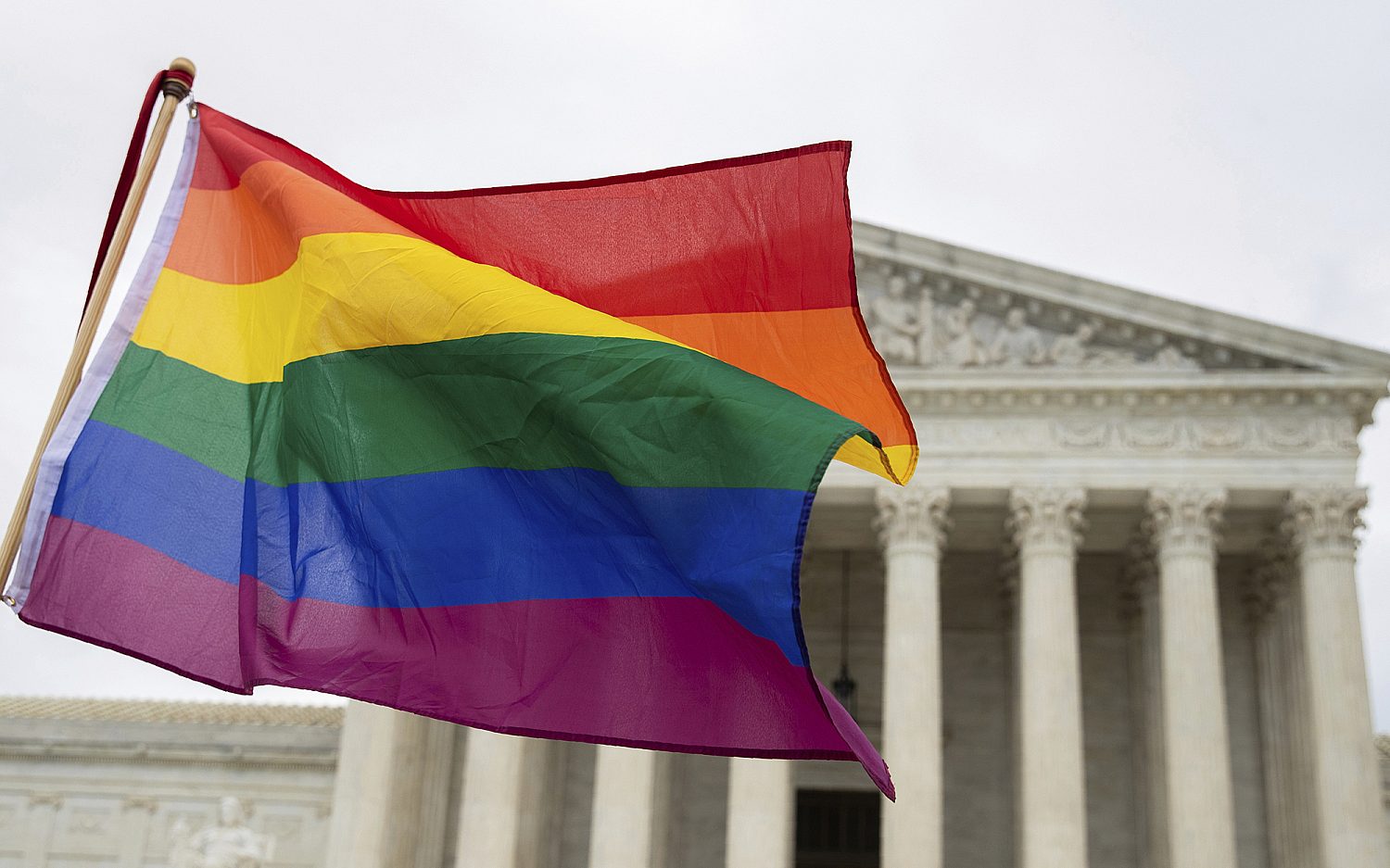Friends with parental benefits
Unmarried friends can legally adopt and co-parent, according to an unprecedented ruling by a New York judge last month.
Judge Rita Mella of New York County’s Surrogate Court named “two loving adults” in a “solid, decade-plus friendship” the legal parents of a toddler adopted from Ethiopia.
The parents, referenced in the case as KAL and LEL, met and became friends in 2000. They worked together but never had a romantic relationship or lived together. According to the court’s decision, KAL lives in a house in Brooklyn with a “housemate” and LEL lives in an apartment in Manhattan with a “domestic partner.”
A few years ago KAL decided she wanted to have a baby and LEL offered to donate his sperm. But after two years of artificial insemination and a round of in vitro fertilization, KAL was unable to conceive. KAL and LEL then decided they would try to adopt—together.
In 2011, they traveled to Ethiopia together to pick up “G,” a baby girl. KAL adopted G alone because they could not, as an unmarried couple, adopt her together in Ethiopia. But immediately after returning to the United States, LEL petitioned the court to become G’s legal second parent.
In a ruling that breaks new ground for adoption law, Mella found that “it is clearly in G’s best interests to have LEL become her legal parent.”
“I’m disturbed by this decision because I think it takes us further away from the original purpose of adoption,” said Peter Sprigg, senior fellow for policy studies at the Family Research Council. “Adoption exists not to provide children for adults who want them, but to provide a home for children that resembles as much as possible a natural family.”
The family created by this decision, he said, resembles a home fractured by divorce and step-parents. He argues that a strong preference should be placed on bringing adopted children into a single home with a married mother and father.
Historically, courts have given preference to nuclear families in adoption and foster care cases. But many liberal states, including New York, are beginning to change their views, concerned that such preferences could be considered discriminatory based on marital status or sexual orientation.
Mella’s decision advocates a widening view of the family. “Clearly, contemporary society’s understanding of what makes a family is evolving and expanding,” she said in her opinion. “As society acknowledges an ever expanding cadre of family compositions, adoption law … should not lag behind.” She notes that though KAL and LEL live in separate homes, they split financial responsibility for G, talk daily about schedules, arrange for daycare near KAL’s work and LEL’s apartment, and have introduced G to extended relatives.
Sprigg said Mella’s ruling is a possible forerunner to an “anything-goes approach to adoption” and also shows “an ignorance of the social science research showing that children do best when raised by a married mother and father living together in the same household.”
An actual newsletter worth subscribing to instead of just a collection of links. —Adam
Sign up to receive The Sift email newsletter each weekday morning for the latest headlines from WORLD’s breaking news team.




Please wait while we load the latest comments...
Comments
Please register, subscribe, or log in to comment on this article.